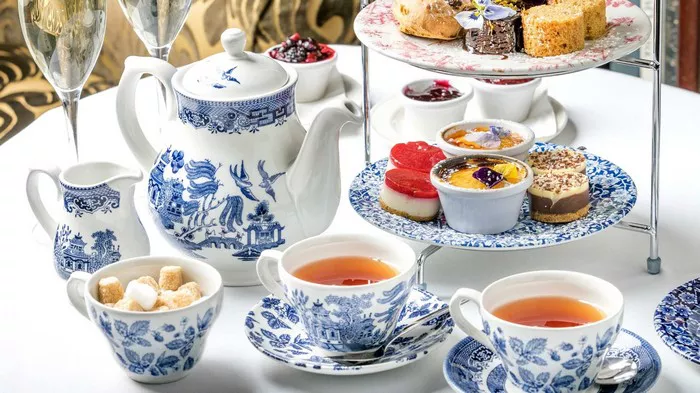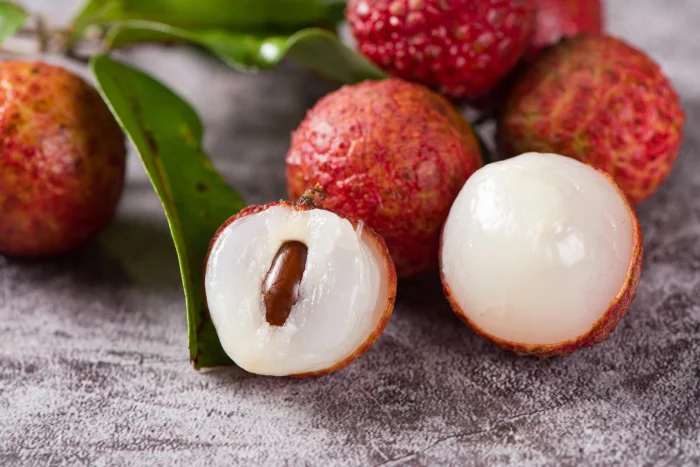High blood sugar levels can be a concern for many individuals, especially those with diabetes or individuals who are at risk of developing diabetes. While it’s important to focus on a balanced diet, what you drink can also have a significant impact on your blood sugar levels. Making smart choices and opting for beverages that can help reduce sugar levels can be beneficial for your overall health. In this article, we’ll explore some drink options that can assist in managing sugar levels effectively.
1. Water, the Ultimate Hydrator
When it comes to hydration, water should always be your go-to beverage. It contains zero calories, zero sugar, and is essential for overall health. Drinking an adequate amount of water throughout the day helps flush out toxins, supports organ function, and aids in maintaining stable blood sugar levels. Aim to drink at least 8 glasses (64 ounces) of water daily, and adjust your intake based on your activity level, climate, and individual needs.
2. Herbal Teas for Natural Flavor
Herbal teas are a great alternative to sugary beverages and can provide a burst of flavor without adding extra sugar or calories. Herbal teas like chamomile, peppermint, ginger, or hibiscus offer a range of health benefits and can be enjoyed hot or cold. These teas are naturally caffeine-free and can help improve digestion, reduce inflammation, and provide antioxidants. Experiment with different flavors to find the ones that suit your taste preferences and provide a refreshing, sugar-free beverage option.
3. Green Tea for Antioxidant Power
Green tea is a popular beverage known for its numerous health benefits, including its potential to help regulate blood sugar levels. It contains powerful antioxidants called catechins, which may improve insulin sensitivity and enhance glucose metabolism. Green tea is also rich in polyphenols, which can reduce inflammation and offer cardiovascular benefits. Enjoy a cup of unsweetened green tea to boost your antioxidant intake and potentially aid in sugar level management.
4. Black Coffee for Natural Stimulant
For coffee lovers, black coffee can be a suitable choice. Coffee contains caffeine, a natural stimulant that can provide an energy boost and potentially aid in managing blood sugar levels. Research suggests that coffee consumption may reduce the risk of developing type 2 diabetes and improve insulin sensitivity. However, it’s important to consume coffee in moderation and avoid adding sugar or excessive amounts of cream or sweeteners. Enjoy it black or with a splash of unsweetened plant-based milk for a flavorful, low-sugar option.
5. Vegetable Juices for Added Nutrients
While fruit juices are often high in natural sugars, vegetable juices can be a nutritious alternative that offers added health benefits. Vegetables like spinach, kale, cucumbers, and carrots can be juiced to create a refreshing and low-sugar drink. These vegetable juices provide essential vitamins, minerals, and antioxidants while keeping sugar levels in check. However, it’s important to note that juicing removes some of the fiber content from the vegetables. As a result, it’s advisable to consume whole vegetables as well to maintain a balanced diet.
6. Infused Water for Flavorful Hydration
If you find plain water boring, infused water can be a delightful way to add flavor without adding sugar or calories. Simply infuse water with slices of citrus fruits like lemons, limes, or oranges, or add refreshing herbs like mint, basil, or rosemary. You can also experiment with cucumber slices, berries, or ginger for added variety. Infused water not only provides a burst of flavor but also encourages increased water consumption, helping you stay hydrated and maintain stable sugar levels.
7. Low-Sugar Smoothies for Sustained Energy
Smoothies can be a nutritious and satisfying beverage option, but it’s important to keep an eye on the ingredients to avoid excess sugar. Opt for smoothies that are low in natural sugars by incorporating vegetables, leafy greens, and low-sugar fruits like berries or avocado. Add a source of protein, such as Greek yogurt or plant-based protein powder, to enhance satiety and stabilize blood sugar levels. Be cautious with sweeteners and avoid adding additional sugar or sweetened syrups. Homemade smoothies allow you to control the ingredients and sugar content, making them a healthier choice compared to store-bought options.
8. Sparkling Water for Fizz and Refreshment
Sparkling water can be a great alternative to sugary sodas or carbonated beverages. It offers the refreshing fizz without the added sugar or calories. Enjoy it plain or add a splash of citrus juice for extra flavor. Sparkling water can help satisfy your craving for a bubbly drink while keeping your sugar levels in check. It’s also a suitable option for those who are looking to reduce their caffeine intake or prefer a non-caffeinated beverage.
9. Milk Alternatives for Lower Sugar Content
If you prefer dairy alternatives, such as almond milk, soy milk, or oat milk, choose unsweetened varieties to minimize sugar intake. Many flavored or sweetened milk alternatives contain added sugars, which can elevate blood sugar levels. Read the labels carefully and opt for options with no added sugars or minimal amounts. These milk alternatives can still provide essential nutrients and serve as a suitable base for smoothies, coffee, or tea without causing significant spikes in blood sugar.
10. Diluted Fruit Juice for Moderation
While fruit juices are generally high in natural sugars, you can still enjoy them in moderation by diluting them with water. This reduces the overall sugar content while providing a hint of flavor. Diluted fruit juice can be a refreshing treat on occasion, but it’s essential to monitor portion sizes and opt for 100% juice options with no added sugars. Remember, it’s best to prioritize whole fruits over fruit juices to benefit from the fiber and additional nutrients they offer.
In conclusion, making conscious choices about what you drink can help manage your blood sugar levels effectively. Opt for water as your primary source of hydration and explore various low-sugar options like herbal teas, green tea, black coffee, vegetable juices, and infused water. Be cautious of added sugars in beverages and opt for unsweetened or low-sugar alternatives whenever possible. By choosing smart drink options, you can reduce your sugar intake, support your overall health, and maintain stable blood sugar levels.




















